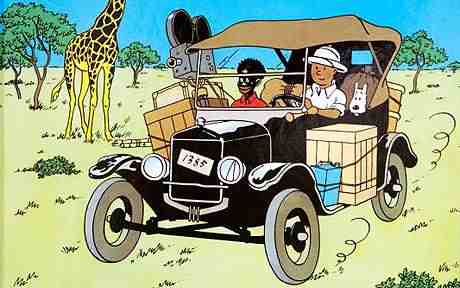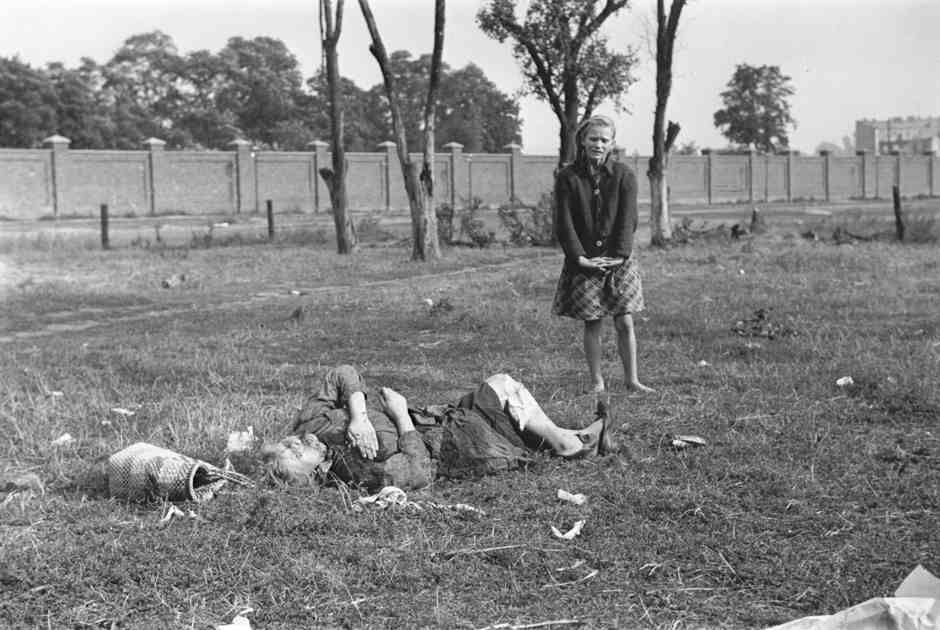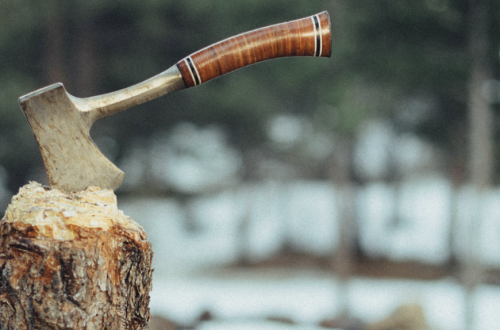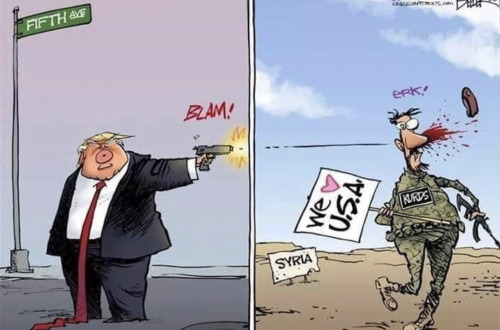In 2007, Johann Hari visited Birao in the Central African Republic – and he has the airline tickets and passport stamps to prove it – to file a report on French involvement in the Bush War; notably air-strikes against Union of Democratic Forces for Unity in Vakaga region on the border with Sudan.
Setting aside his lurid descriptions of a complete destruction of the regional capital, Birao and how this sat with the reported fatalities of hundreds during the course of the war, one passage sat oddly for me. Referring to France’s attested involvement with the genocidaires of the Interahamwe in the previous decade:
Then, when the international outrage became so great even Mitterrand could not ignore it, the French announced they would send in a military force to stop the killing. “It was France’s last lie, and the most cruel,” Mounie adds. “Even at this point, Mitterrand’s real aim was to recapture Kigali and restore the Hutus to power.” In Birao today, many of the soldiers patrolling the city are veterans of this “rescue operation”. I am sipping sweet tea in one of the local bigwig’s ramshackle houses when a group of local soldiers on patrol arrive. They are working-class men from the Paris and Lyons banlieues, and in the course of the small talk, they admit that they were in Rwanda – and they are still traumatised by what they were ordered to do by Mitterrand and his men. ” Children would bring us the severed heads of their parents and scream for help,” one says, “but our orders were not to help them.”
Not his implication that he elicited these responses from les squaddies just as he had from local inhabitants despite not speaking French let alone local languages, but the appalling image of African children carrying heads around on pieces of rope. And not a feeling of sympathy for such poor wretches, but a feeling of disquiet that Hari was creating images of not-so-semi-savage Africans acting in ways Europeans faced with similar situations would not.
Considering this, I began to see an earlier excerpt in a different light:
Zolo nods when I mention this.
“When the whites were here, we suffered even more. They forced us to work. We were slaves.”
One horrified French administrator wrote in the 1920s that the locals reacted to being enslaved by the corporations by becoming “a troglodyte, subsisting wretchedly on roots until he starves to death, rather than accept these terrible burdens”.
Again, not an attempt to excuse or minimize French colonial policy, but an unsettling feeling that Hari was reinforcing notions of local inhabitants as having a slender grip on notions of civilization in order create sympathy from his readership.
Below is an example of how Europeans responds to the deaths of family members in wars. Black Africans respond in similar ways.
It was not just the French Embassy to the UK which complained about this article. Now Private Eye (discussed by Damian Thompson) confirms that Hari’s account of his conversation with les squaddies was the biggest pile of dog’s poo since his last article which was a pile of dog’s poo.
Hari did not hire a translator, instead browbeating a charity worker into translating for him. He promised to give her his notes when they returned so she could file her own report on the war, and then broke his word. He continued to hold on to the notes even after she complained to Simon Kelner, the Independent’s editor. “The reason for this became clear when his article came out, as most of the content differed from what interviewees told us,” the aid worker told us. Hari “completely exaggerated the extent of destruction in Birao”. He “completely invented quotes, in particular those of the French soldiers”. In one gruesome vignette, Hari had French soldiers telling a piteous story of how “children would bring us the severed heads of their parents and scream for help, but our orders were not to help them”. “They did not say this. I know because I was there and I did the translating for them.”
This article helped Hari win the Orwell Prize in 2008. According to Thompson and Private Eye, the charity complained to the organizers as well as Kelner.
Hat-tip: Michael in the comments.




